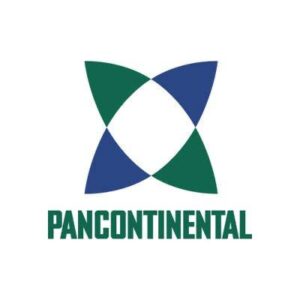
 Both Pancontinental Oil and Gas and Far Limited have announced they have issued a ‘surrender and termination’ notice to the Kenyan government and expect that the exit will be finalised by the end of September.
Both Pancontinental Oil and Gas and Far Limited have announced they have issued a ‘surrender and termination’ notice to the Kenyan government and expect that the exit will be finalised by the end of September.
The ignited hope for the commencement of oil exploration in Kenya has been dealt a blow as the two Australian firms searching for oil in the Lamu Basin are quitting the block. Kenyans will have to wait for a longer period before benefitting from the riches of the fossil fuel after the announcement of what was called a ‘major discovery’ of national gas in offshore Lamu was made a few years ago.
In September 2012, the Mbawa I that was 60 kilometres sunk into the ocean is said to have found huge natural gas resources that have the potential to be commercially viable with further exploration. In April 2020, the Kenyan government announced that Tullow Oil made an oil discovery in Turkana, and Kenya was seen to be an emerging country in the African oil and gas scene.
The companies are said to have had issues working on further exploration due to dispute over land ownership. There has been a dispute with the Kipini Wildlife Conservancy who had continually stopped the companies from using its land to access the onshore sections of the block. Most of the block is offshore.
In the last report of Far Ltd which covers the second-quarter of 2020, the company said it is quitting the Block L6 where it holds a 60% stake. Pancontinental Holding holds a 40% stake in the block.
The FAR Ltd statement read, “Following a long period of inactivity due to land access issues, Flow Energy Pty Ltd, a Far Limited subsidiary, and its co-venturers, Pancontinental Oil and Gas and Afrex Ltd, a subsidiary of Pancontinental, agreed to surrender the Block L6 PSC.”
“A Surrender and Termination Notice was formally issued to the Government of Kenya in late June. Far anticipates concluding the termination arrangements in the next quarter.”
This comes in at a time when the partners in the Lokichar Turkana project are also facing challenges which include delays in the decisions to enable the project to move to its commercial phase.
Although there has been no much activity on the Block L6 after the initial surveys in 2012, the complete exit of the firms darkens the prospect of the country to become an oil and gas major in the continent.



